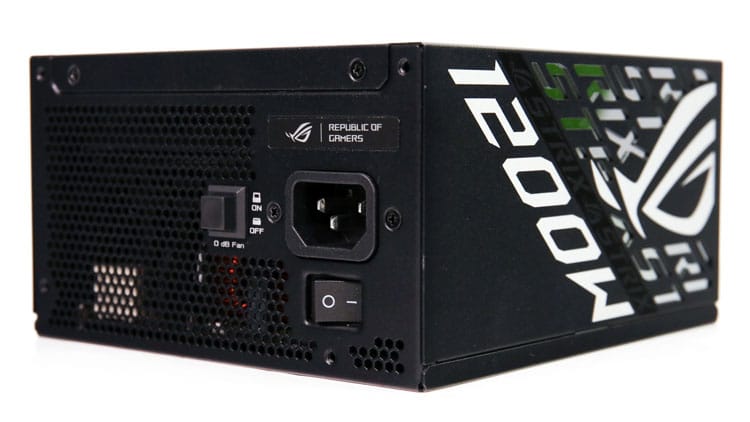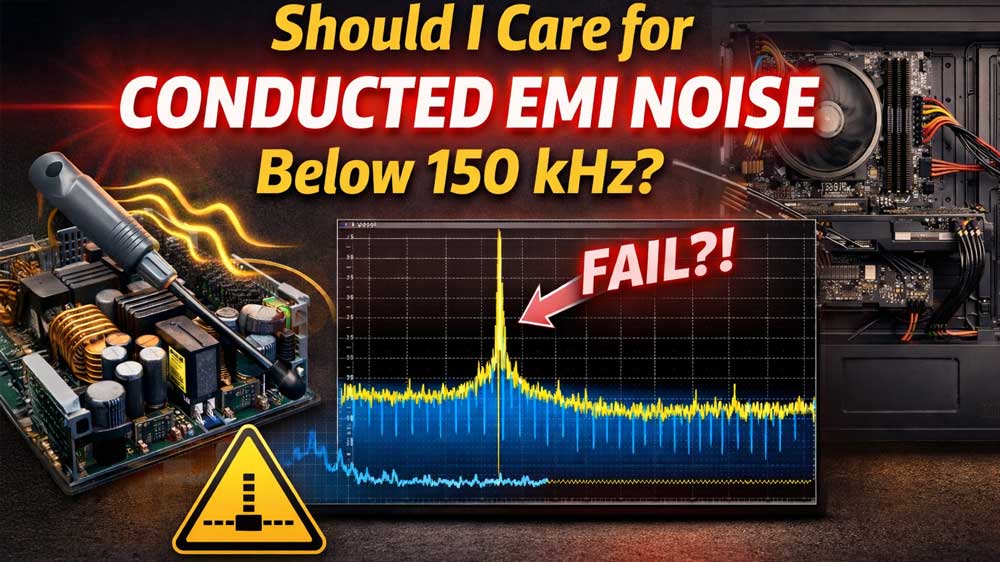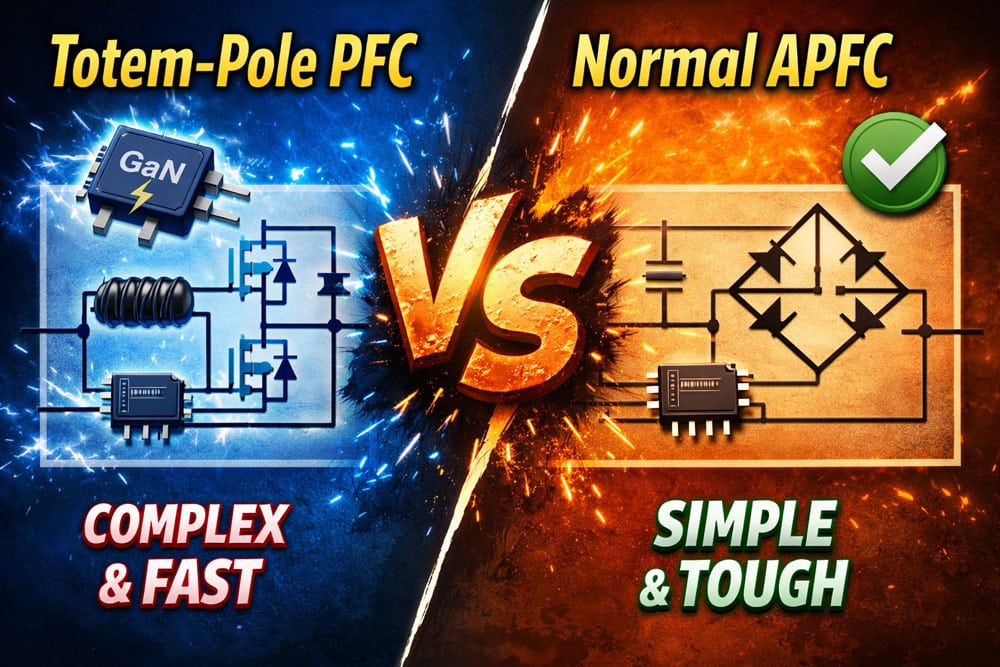Protection Features
| OCP (Normal @ 29.4°C) | 12V: 132.80A (132.80%), 12.073V 5V: 34.5A (138.00%), 5.027V 3.3V: 34.6A (138.40%), 3.274V 5VSB: 5.8A (193.33%), 5.007V |
| OCP (Hot @ 45.4°C) | 12V: 128.60A (128.60%), 12.080V 5V: 34.3A (137.20%), 5.031V 3.3V: 34.7A (138.80%), 3.274V 5VSB: 5.7A (190.00%), 5.003V |
| OPP (Normal @ 30.6°C) | 1569.12W (130.76%) |
| OPP (Hot @ 42.2°C) | 1512.14W (126.01%) |
| OTP | ✓ (110°C @ Heat Sink) |
| SCP | 12V to Earth: ✓ 5V to Earth: ✓ 3.3V to Earth: ✓ 5VSB to Earth: ✓ -12V to Earth: ✓ |
| PWR_OK inactive to DC loss delay | < 1ms (it should be > 1ms) |
| NLO | ✓ |
| Fan Failure Protection | ✗ |
| SIP | Surge: MOV Inrush: NTC & Bypass Relay |
The 12V rail’s OCP triggering points are correctly set, but this is not the case for the minor rails where the corresponding OCP triggering points are set sky-high. To make matters worse, the difference between normal and hot temperatures is minimal, and at 3.3V, instead of OCP dropping, we noticed an increase!
The Over Power Protection is properly set, but this is not the case for “PWR_OK inactive to DC loss delay,” which is 0ms, while it should exceed 1ms. Moreover, I expect any modern high-end PSU to have fan failure protection.
Pages:



@crmaris, what do you think of ASUS ROG Strix 1200W Gold Aura Edition? Is it worse than this one?
Why Asus says on their Website only PCIE 5.0 ready? Is there something missing?
Marketing didn’t get the memo 🙂
This one states PCIe 5.0 compliant, and on Nvidia’s website 5090 requires PCIe 5.1 compliance.
Will this PSU still be good for 5090?
it will be ok yes.
So Asus is going to release a rev. 2 of this PSU with updated fan?
Or you just going to be lucky to get one with better fan?
This is so sluggish of Asus.
I was really hoping this PSU would be the one I would buy, instead of the FSP hydro ti pro 1000w.
They installed new fans, after we found this issue.
actually this unit has the improved fan.
So with the new fan, do you recommend this over the FSP hydro ti pro 1000w in terms of pure silence?
Nope
I read that ball bearing fans become significantly louder over their lifespan, so they’re deceptive in terms of noise. Is that true? Also, I read that if they’re dropped they can be ruined, so they’re more delicate than FDB fans. It seems like a no-brainer to exclusively use FDB fans in high-end PSUs. Ball bearing fans appear to be able to produce more static pressure than other fan types but since FDB fans apparently can be used in low-noise PSUs, it seems that that advantage isn’t enough to outweight the drawbacks.
With not high quality DBB fans yes this can be the case.